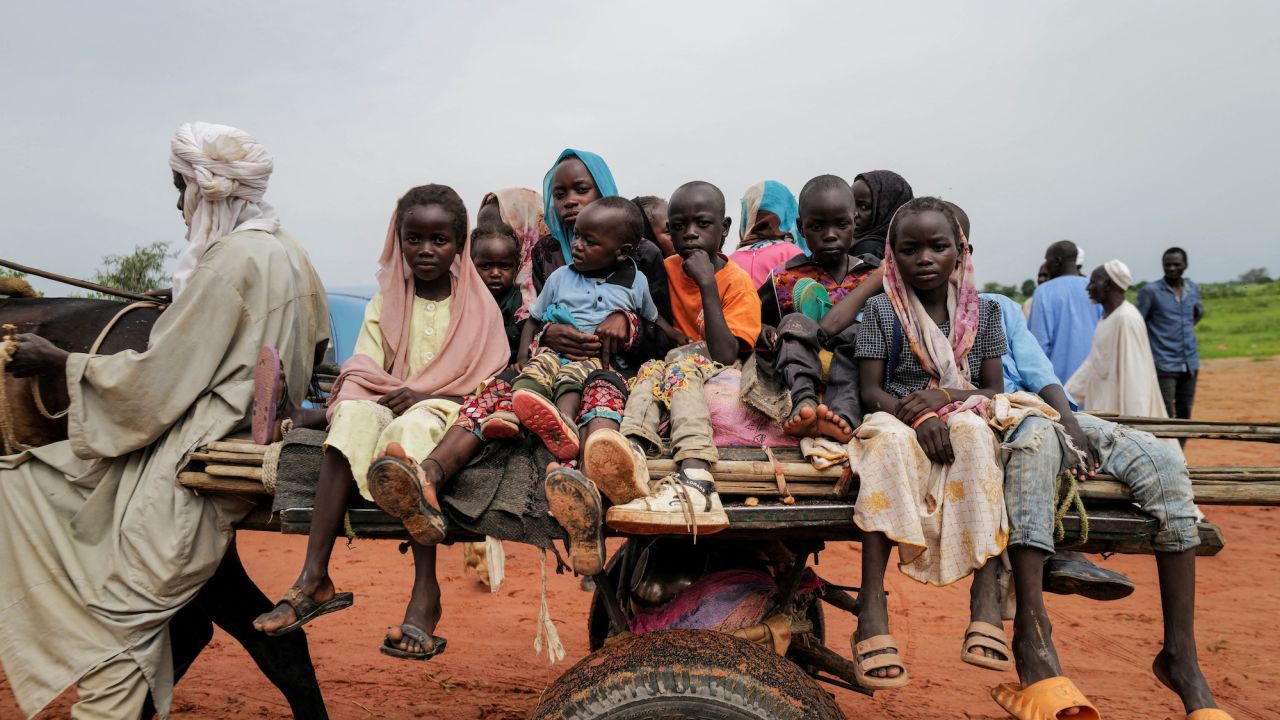War is never a football match that is fixed for a-two-hours combat. It has a starting time like football but sadly, no one knows when it is going to end.
Exactly what initially began as a power struggle in Sudan has now extended into its fourth month, potentially pushing the country towards a war.
The situation has evolved since Tuesday, August 15. At least 4,000 people are estimated to have been killed, according to a Liz Throssell, spokeswoman for the U.N. human rights office. Each day the fighting continues sees destruction, human rights violations by both sides and and loss of lives.
African news reports of Samy Talat, a volunteer in Omdurman shares his despair as civilians die due a lack of access to timely medical treatment.
“Today, a bomb hit a building next to the hospital, injuring two people, a mother and her daughter.”
“We took the injured to the hospital, but it was closed and we had to look for a doctor through social media. We managed to reach a doctor but unfortunately the mother died and only the daughter is alive.”
Services in some 200 hospitals across the country have been suspended due to the armed conflict, the health ministry said on Monday (Aug. 13).
Since Sudan’s conflict erupted on April 15, the country has been plunged into a dire humanitarian crisis, with the United Nations also warning of arbitrary killings and rampant sexual abuse.
In western Sudan’s Darfur region, the latest fighting has also morphed into ethnic violence, with the RSF and allied Arab militias targeting ‘African’ communities, U.N. officials say.
In a joint appeal, the heads of 20 global organisations pointed out that “more than six million Sudanese people are one step away from famine”.
“The situation is spiralling out of control,” said the statement, signed by the heads of numerous United Nations agencies, along with organisations including Save the Children and CARE.
4 million people have fled their war-raged country.
The signatories pointed out that more than 14 million children need humanitarian aid and over four million people have fled the fighting, either within the war-ravaged country or as refugees to neighbouring states.
At the same time, they warned, “time is running out for farmers to plant the crops that will feed them and their neighbours”.
Fresh calls for peace and accountability were made Tuesday (Aug. 15), during a UN bi-weekly press briefing on Sudan.
“The High commissioner has repeated again and again that those in command should issue clear instructions to those under them that there’s zero tolerance for sexual violence and it’s so important to hold those accountable to make sure the perpetrators are held accountable and of course unequivocally condemn such violence,” Liz Throssell, spokeswoman for the U.N. human rights office said.
The leaders of global humanitarian organisations gathered in Geneva also called on the international community to provide more funds.
The UN said it so far had received just a quarter of the $2.57 billion it has appealed for to support people inside Sudan and just 31 percent of the $566 million requested to help those who have fled as refugees to neighbouring countries.
The conflict-induced food scarcity has plunged 20.3 million people into severe acute hunger, who represent 42 percent of the country’s total population, the UN World Food Programme (WFP), said on Friday.
According to U.N. data, roughly half of the population – 24.7 million people, including 13 million children – need humanitarian aid.
Currently, U.N. and its partners have reached only about 3 million people with humanitarian aid.
A recent uptick in violence in South Darfur state has made aid deliveries to the remote area difficult, said David MacDonald, aid group Care International’s regional director for east and southern Africa.
Meanwhile, the country has seen increasing risks of large-scale outbreaks of infectious diseases such as malaria, dengue fever and cholera.



